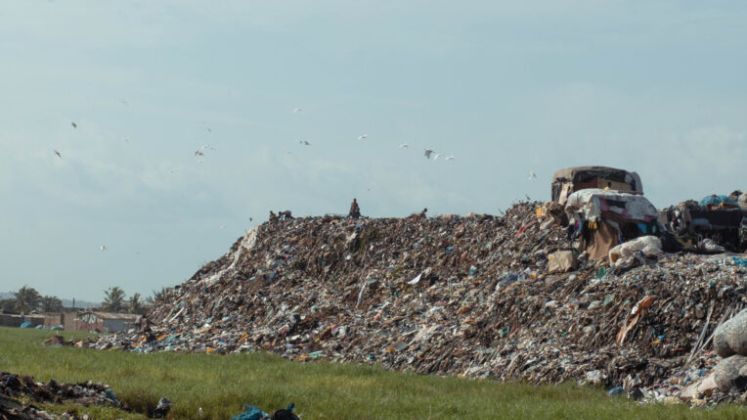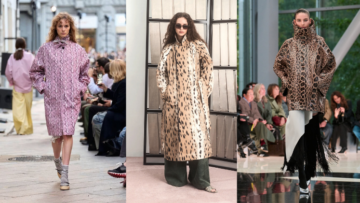
Amid rising concerns about textile waste dumping, discarded clothes by the consumers of the major fast fashion brands such as Marks & Spencer, Next, Zara, Primark, and H&M have been found in the protected wetland of Ghana in West Africa, as per the investigation done by the reporters from Unearthed and Greenpeace Africa.
According to the investigation, these clothes are getting shipped from the UK and have primarily choked an internationally-recognised wetland on the suburbs of Accra, which is the capital city of Ghana. With these clothes polluting the wetland, the locals have increasingly complained about their fishing nets and beaches getting tangled and clogged because of these clothes waste.
In response, the brands have come forward to address the issue and have also acknowledged that processing textile waste as a major concern. While brands including Primark and Marks & Spencer have mentioned that their take-back scheme (the scheme which is focussed on collecting unwanted garments from consumers for recycling and repurposing) can help tackle the issue, H&M and Zara said that they’ll implement the EPR (Extended Producer Responsibility) framework to make the labels responsible for the impact caused by their products.
The spokesperson for Inditex (Zara’s parent company) talked about showing support to the EPR and also mentioned the importance of separate collection of textile waste to promote a circular economy, and that their company is committed to investing in advanced recycling technologies.
Another fast-fashion brand, Primark also stated their statement that the company hasn’t issued any authorisation to ship the clothes collected in their take-back scheme to Ghana or any other country in Africa. Primark’s statement also mentioned that to tackle this issue of textile waste, the whole industry should come together as this issue is beyond the scope of one single company. On the similar lines, Marks & Spencer also denied sending their waste clothing to any other country but equally mentioned their take-back recycling scheme as a part of their Plan A to minimise the waste and promote healthier ecosystem.
Moreover in 2023, the Ghanaian traders also visited Brussels, in order to stress upon the need of introducing the EPR legislations and that the EU should hold brands responsible for the end-of-life impact of their products.
As per the investigation, the UK consumers discard approximately 1.5 m tonnes of textile each year with the highest share of it landing up in Ghana’s landfills and wetlands, as compared to any other country.






